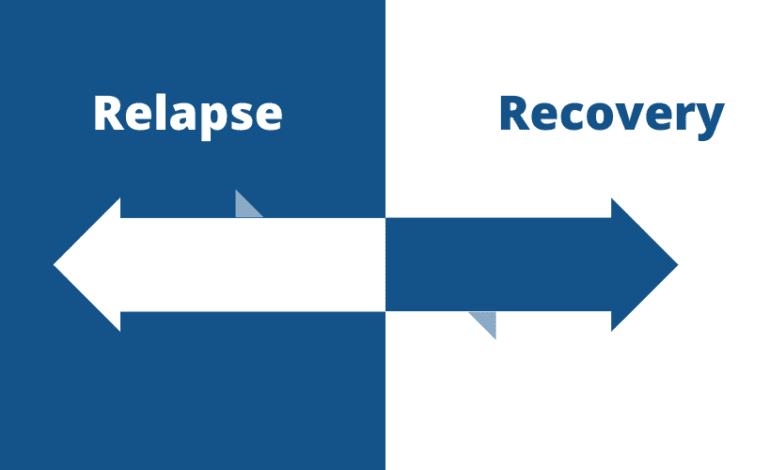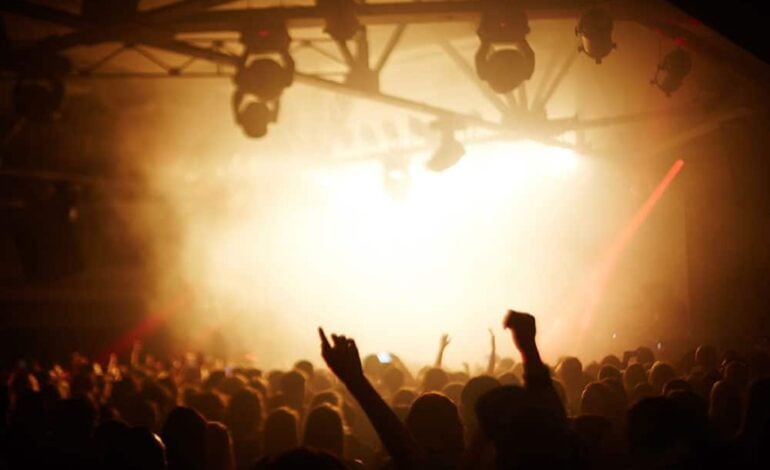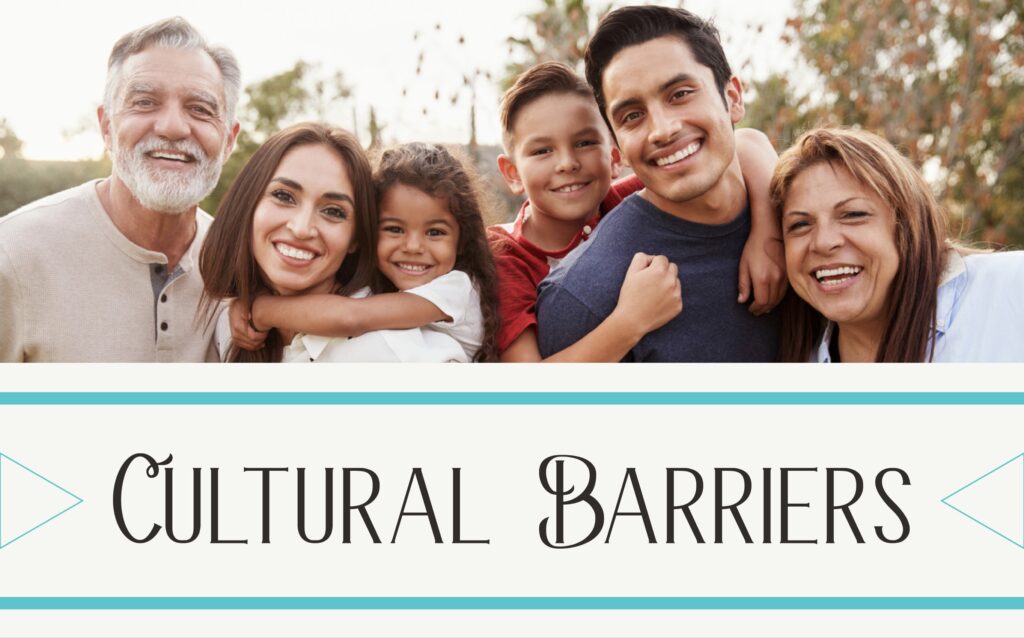What is Relapsing?
Relapse: it’s a complicated and sometimes endless cycle. You commit to change by entering into recovery, you go through detoxification and withdrawal, and you complete all the steps in your treatment program, then one day, something goes awry.
Relapse: it’s a complicated and sometimes endless cycle. You commit to change by entering into recovery, you go through detoxification and withdrawal, and you complete all the steps in your treatment program, then one day, something goes awry. It may be a specific stressful event, a past underlying trigger, or the build-up of day-to-day demands that lead to the urge and compulsion to use again. You may think that turning back to drugs or alcohol just one time won’t hurt anyone; then, you are in a painful cycle of relapse before you know it.
You may find yourself wondering, “Why do I keep relapsing”? Many people in recovery say that relapse is part of the treatment plan; however, this is untrue, meaning that a treatment plan is set up, so you do not relapse. However, relapse is quite common, and just because an individual relapses does not mean they have failed. Instead, it means their treatment plan needs to be reassessed. The individual needs a stronger support system, maybe they need more hours of therapy each week, maybe they need better coping skills, or maybe even a change in environment. So why do we relapse, and what can we do when it happens?
Why Do I Keep Relapsing?
It can be extremely hard to ask for help, especially during a relapse and even more so during our 3rd or 4th relapse. You may feel embarrassed, ashamed as if you failed, and as a result, you may even try to hide your relapse from others. It is important to keep in mind that addiction is a brain disease and although you are in control of your actions, staying sober is often one of the most challenging tasks at hand, regardless of where you are in your recovery. Your addiction does not define you. It is just one aspect of your life. Therefore, it is important to be kind to yourself, seek immediate help from a professional treatment center, and surround yourself with a healthy support system if you do relapse, regardless of how many times it happens.
Relapse occurs in addiction recovery for many different reasons:
- Addiction rewires your brain. Addiction activates your brain’s reward system. This reward system is designed to incentivize us to do what we need to do to live and thrive. Eating good food, spending time with loved ones, being intimate, and exercising are all behaviors that are linked to the brain’s reward system, and when we engage in these behaviors, a rush of “feel good” dopamine surges through our body, making us happy and wanting more of these behaviors. Substances such as drugs and alcohol activate this same reward system, releasing dopamine throughout our body and thus having us respond to more of this feeling. Over time, our addiction to drugs or alcohol changes our brain’s reward system, and even in recovery, we will have urges and cravings to experience the pleasurable effects associated with drug use. As a result, it takes a very deliberate and sustained effort to overcome the signals our brain is giving us. Sometimes these urges and cravings turn into relapses.
- Research has found that genetics play a pivotal role in addiction, and as a result, some of us, simply based on our genetic makeup, are more vulnerable to addiction than others. This means that those of us who have a history of addiction in our family may have to work harder to stay in recovery than others who do not have a family history of addiction.
- Our life experiences shape our vulnerability to addiction, especially for those of us who have experienced trauma. Our addiction to drugs or alcohol may be an unhealthy way to cope with our past trauma, and when these traumatic triggers re-appear, we may relapse. As a result, we need to learn new healthy coping mechanisms to cope with our past trauma. This is why seeking treatment after relapse is important because relapse does not mean you have failed, but rather you may need to modify your treatment plan to better fit your needs.
Relapses are frustrating, but they are also a reality of addiction treatment. We would not become frustrated with a loved one for being sick because we know it’s not their fault. Addiction is also an illness, and recovery takes time as it is not a linear process. We may take one step forward and two steps back or feel like we are going in circles, as this is part of the process. It is important to reflect on our relapses in order to learn more about ourselves, our addiction, and our underlying triggers. Then we start again with one foot in front of the other.
What to Do if You Relapse
After a relapse, the most important thing to do is seek professional help from an addiction treatment center. You may be tempted to isolate yourself or give up on the recovery process, but it is important to re-engage with a treatment specialist. Go to recovery support meetings, enter into a detox program, seek outpatient therapy, or enroll in a residential treatment program. It is important to talk about what happened and uncover the underlying triggers that may have led to your relapse.
An addiction treatment program can offer you support and structure as you navigate the repercussions of your relapse, whether you are in current withdrawal or whether you are struggling with your journey.




